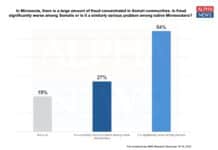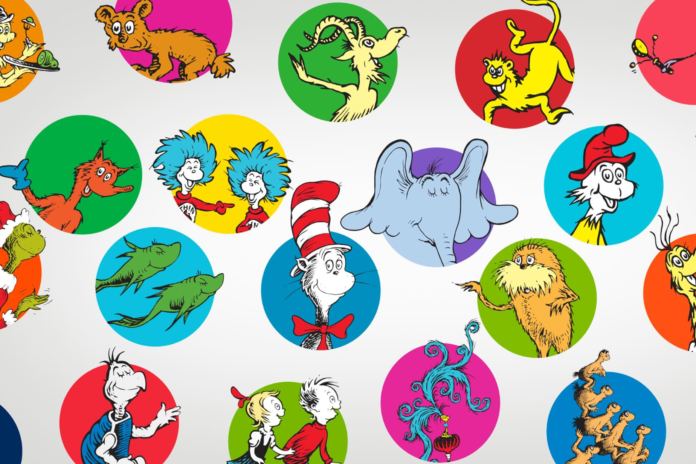(American Greatness) — Dr. Seuss Enterprises has reportedly decided to cease publication and sales of six Dr. Seuss books over alleged “racist” and “insensitive” imagery.
“These books portray people in ways that are hurtful and wrong,” Dr. Seuss Enterprises told the Associated Press in a statement. “Ceasing sales of these books is only part of our commitment and our broader plan to ensure Dr. Seuss Enterprises’ catalog represents and supports all communities and families,” the statement continued.
After months of discussion, Dr. Seuss Enterprises agreed to ban the following six books: “And to Think That I Saw It on Mulberry Street,” “If I Ran the Zoo,” “McElligot’s Pool,” “On Beyond Zebra!,” “Scrambled Eggs Super!,” and “The Cat’s Quizzer” will no longer be published.
“Dr. Seuss Enterprises listened and took feedback from our audiences including teachers, academics and specialists in the field as part of our review process. We then worked with a panel of experts, including educators, to review our catalog of titles,” the company said.
This sop to the left comes on “Read Across America Day,” which is celebrated on Dr. Seuss’s March 2 birthday.
The Biden White House, meanwhile, has removed any mention of Dr. Seuss books from the Read Across America Day presidential proclamation, in contrast to Presidents Donald Trump and Barack Obama, who always honored the author on his birthday.
Former First Ladies, including Melania Trump, Michelle Obama, Hillary Clinton and Barbara Bush have all read Dr. Seuss books to children at Dr. Seuss-themed educational events.
Amid Dr. Seuss’s fall from grace, a school district in Virginia reportedly “discouraged” recognition of Read Across America Day, which was established to get children excited about reading, because of its association with the problematic books.
The district said in a statement that “as we become more culturally responsive and racially conscious, all building leaders should know that in recent years there has been research revealing racial undertones in the books written and the illustrations drawn by Dr. Seuss.”
Some of this “research” has ludicrously concluded that “The Cat in the Hat” was “inspired by blackface performance, racist images in popular culture, and actual African Americans.”
has done important research on The Cat in the Hat as "inspired by blackface performance, racist images in popular culture, and actual African Americans” (Nel, 2015). This is seen in the Cat's physical appearance and the role he plays in the books pic.twitter.com/ERidJJ0N30
— The Conscious Kid (@consciouskidlib) March 2, 2018
In a lamentable sign of the times, Dr. Seuss is being cancelled while picture books with LGBTQ themes—such as “Jacob’s New Dress” and “My Princess Boy”—are flooding into school libraries from coast to coast.











